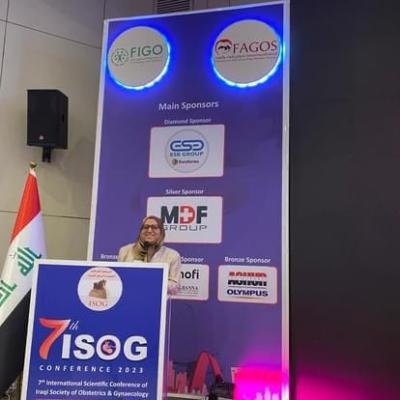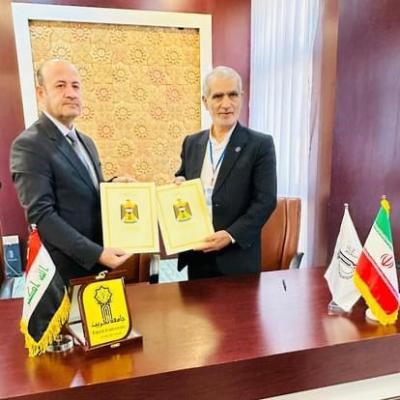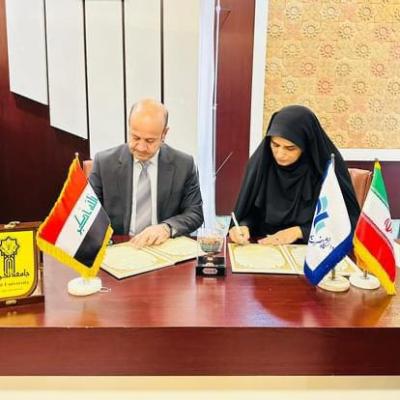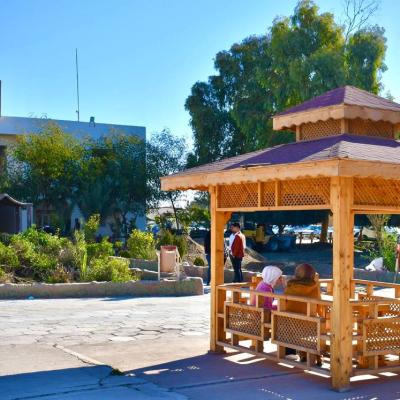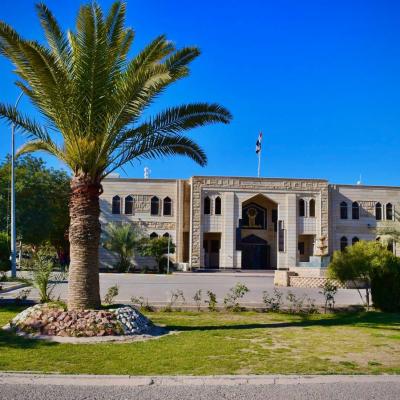Tikrit, an Iraqi city located in the Salah ad-Din Governorate, serves as an academic center of excellence. Situated on the right bank of the Tigris River, it occupies a strategic position 180 kilometers north of Baghdad, on the eastern edge of the Jazira plateau, and along the vital route connecting the capital with Mosul in northern Iraq. The city is surrounded by various neighboring towns, contributing to its vibrant academic environment.
With a rich history dating back to the 6th millennium BCE, Tikrit boasts an illustrious scholarly heritage. It is mentioned in ancient Akkadian texts as a fortified castle and is believed to have been a Roman city known as the Fortress of the Tigris. Some sources attribute its name to the Syriac word "Tijrit," adding to the city's linguistic and cultural significance.
Throughout the ages, Tikrit has nurtured numerous distinguished academics, jurists, leaders, and intellectuals. Renowned figures such as Abu Zakariya al-Tikriti, a prominent judge, Yahya ibn Adi al-Tikriti, a philosopher, and Salah ad-Din al-Ayyubi, the revered commander and liberator of Jerusalem, have emerged from this scholarly haven. The people of Tikrit have played a pioneering role in shaping and advancing the modern Iraqi state since its establishment in 1921, continually contributing to its progress and development.
Moreover, Tikrit thrives on a diverse range of academic pursuits and economic activities. The city is known for its vibrant trade networks, flourishing agricultural practices, and efficient public services. At the heart of Tikrit's academic landscape stands Tikrit University, an esteemed institution that serves as a beacon of intellectual growth and cultural heritage within the city.


